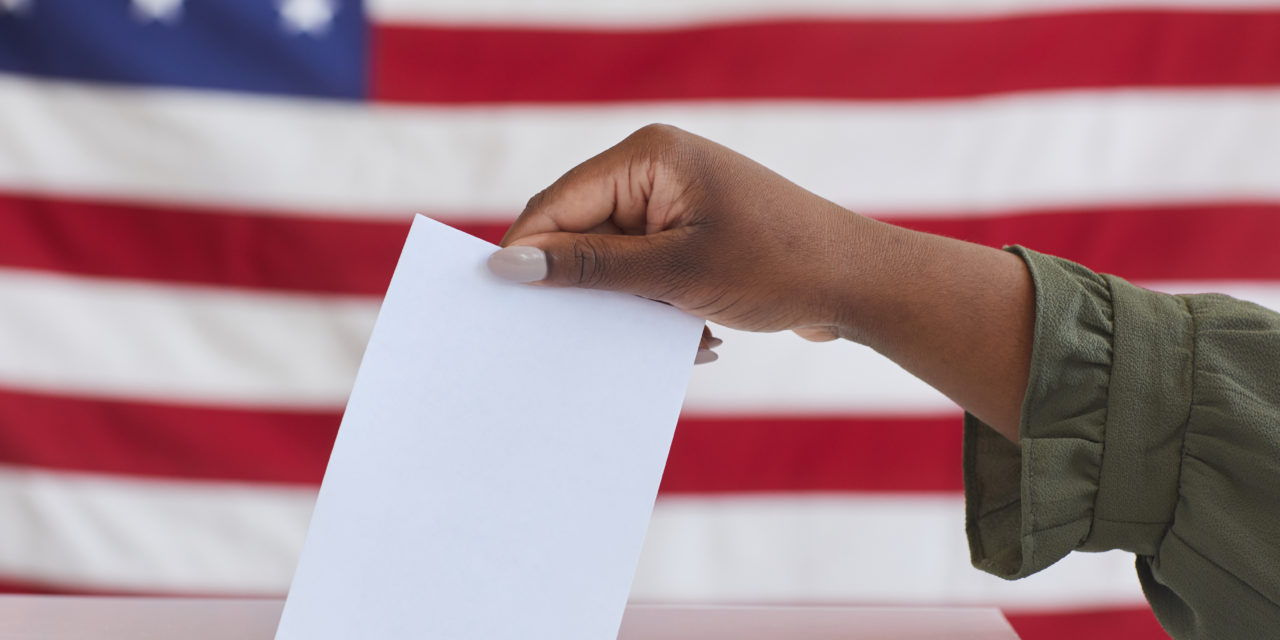As the deadline for voting on November 2 draws nearer, Americans are watching governors’ races in New Jersey and Virginia. The New Jersey race pits incumbent Democrat Governor Phil Murphy against Republican challenger Jack Ciattarelli, while the Virginia race, which has seen the bulk of media attention, features former Democrat Governor Terry McAuliffe against Republican Glenn Youngkin.
64-year-old New Jersey Governor Murphy began his career with investment bank and financial services company Goldman Sachs in 1982, retiring in 2005. From there, he went on to serve as the national finance chair for the Democrat National Committee and as U.S. Ambassador to Germany. He won the race for governor in 2017.
According to Ballotpedia, Murphy has highlighted his response to COVID-19, saying that he “led New Jersey from being one of the hardest-hit states by COVID-19 to a national model in pandemic response.” He also has emphasized education, saying “he would expand access to digital devices for students, increase preschool funding, and establish a program to allow low-income students to receive two years of tuition-free education at public colleges and universities.”
Murphy’s opponent, 59-year-old Jack Ciattarelli, worked as a certified public accountant, is the owner and publisher of a medical publishing company, and was an adjunct professor at Seton Hall from 1998-2001. He served on the Raritan Borough Council, the Somerset County Board of Chosen Freeholders and as an assemblyman in the New Jersey General Assembly.
“Ciattarelli said he would lower property taxes and reduce taxes for all income brackets,” says Ballotpedia, which also stated, “Ciattarelli criticized Murphy’s response to the COVID-19 pandemic and said Murphy’s administration harmed students and small businesses through its forced closures of schools and businesses. Ciattarelli said that he would repeal Murphy’s mask mandate for students if elected governor.”
The Virginia race features former Governor Terry McCaullife, who is 64 years old. He helped found Federal City Bank, in Washington, D.C. and joined the holding company Green Tech Automotive. He was elected chairman of the Democratic National Committee and worked as a visiting fellow at Harvard University’s John F. Kennedy School of Government. McCaullife served as governor of Virginia from 2014 to 2018.
According to Ballotpedia, a McCauliffe is seeking a second term “because we need to think big and be bold to move the Commonwealth forward.” The website also notes, “McAuliffe said he supported creating a buy-in to Medicaid” and said McCauliffe emphasized that “he signed the bill expanding Medicaid coverage under the Affordable Care Act.” He has also stated “that he ‘has always stood up to the extreme right Republicans, and he’s won … We can’t let the extreme right take us backwards.’”
The 54-year-old Glenn Youngkin spent 25 years with The Carlyle Group, becoming its co-chief executive in 2017. Youngkin earned an engineering degree at Rice University, attending on an athletic scholarship, and graduated from Harvard Business School with an MBA. He and his wife founded the Virginia Ready Initiative when COVID-19 hit Virginia, an initiative to help people out of work get training and find jobs.
Ballotpedia says that Youngkin has stated, “I will protect and defend Virginians’ Constitutional rights and personal liberties, which are being threatened like never before.” He’s also said, “Virginia’s economy has stalled while neighboring states thrive. Virginia’s businesses are drowning in high costs and red-tape” and “The cost of living in Virginia is too high and continues to rise making the American dream un-attainable for too many Virginians.”
In addition to these governors’ races, both states have other state executives, school board races and local ballot measures for voters to decide on. Virginia also has delegates for its state house up for election, while New Jersey has both state senators and general assembly members up for a vote.
Interested voters can find non-partisan information about candidates and their positions on issues at Ballotpedia and iVoterGuide.
Our friends at The Family Foundation have provided a 2020-2021 Virginia General Assembly Report Card, focused on family-focused legislation, as well as a state voter guide. The voter guide gives candidates’ positions – either from survey responses, public statements, voting records or their party’s platform – to questions related to abortion, tax-advantaged Education Savings Accounts, marijuana and free speech in public forums.
The New Jersey Family Policy Council has a state voter guide which explores candidates’ views on issues of concern such as parental rights in education, LGBT lesson plans for kindergartners, defunding Planned Parenthood and pro-life legislation.
Photo from Shutterstock.






